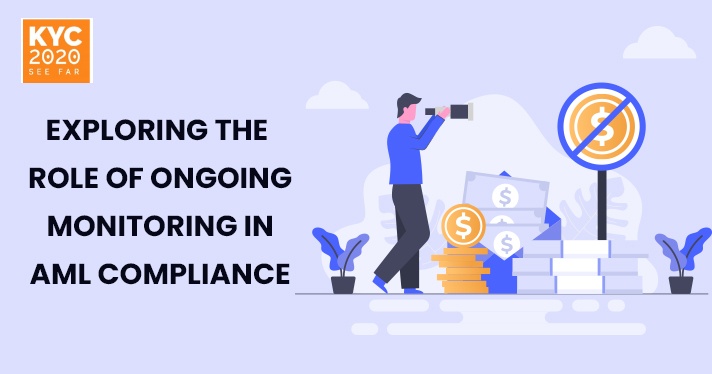Anti-Money Laundering (AML) name screening is a critical process for companies who must comply with government regulations to prevent money laundering and other illegal financial activities. This process helps protect businesses from the risk of fraud, identity theft, and other criminal activities by helping them identify potentially suspicious individuals and transactions.
AML name screening can be broken down into two distinct steps—name matching and risk assessment. The name matching step involves using an algorithm to compare names against an internal or external list of known entities that have been flagged for potential money laundering or terrorist financing activities.
This list includes the names of sanctioned individuals, politically exposed persons (PEPs), high-risk countries or regions, and other similar criteria.
Once the names have been matched, the next step is to assess the risk associated with those names. This involves evaluating additional data points such as date of birth, address information, passport numbers, and more.
This helps companies determine if the individual in question poses a potential risk to their business or not. If there is a match between one of these data points and an entity on the watchlist, then additional steps may need to be taken in order to ensure compliance with applicable laws and regulations.
By utilizing this dual-step approach, companies can quickly identify high-risk customers or transactions before they become a problem for their business. It also helps companies maintain compliance with relevant regulations such as Know Your Customer (KYC) requirements as required by most countries around the world.
AML name screening is an important part of any company’s KYC program. By utilizing sophisticated algorithms to compare customer information against watchlists maintained by governments around the world, businesses are better able to identify high-risk customers before they become a problem for their business.
As government regulations continue to evolve in this area, it’s important that companies stay up to date with industry best practices when it comes to implementing AML name screenings into their operations.
Doing so will help ensure compliance while also protecting them from potential fraud or criminal activity that could prove damaging in the long run.







